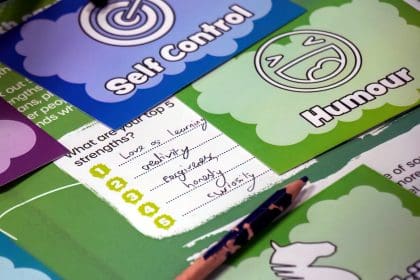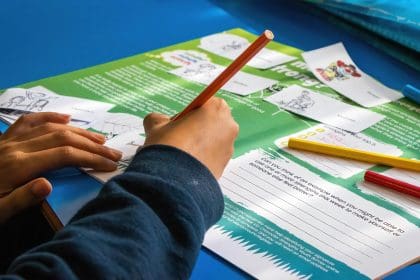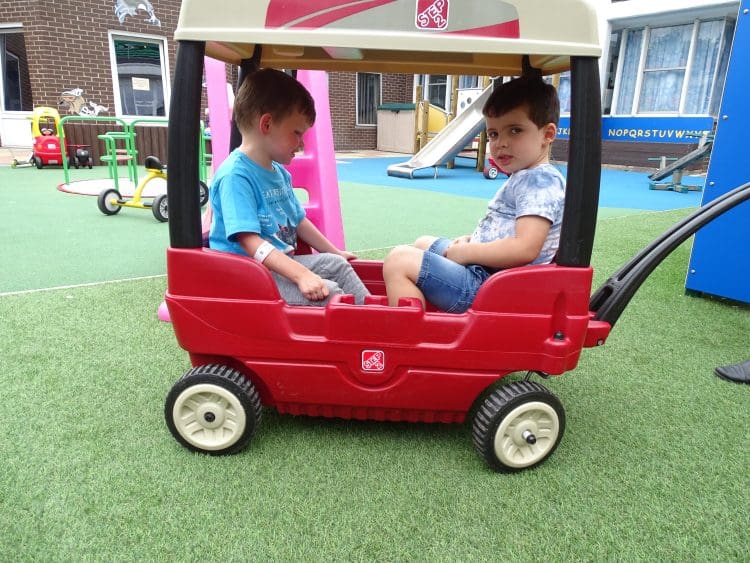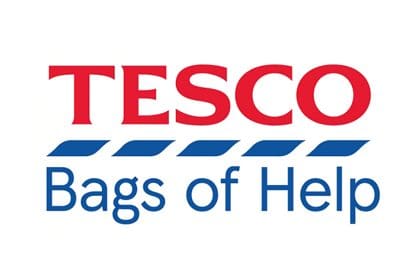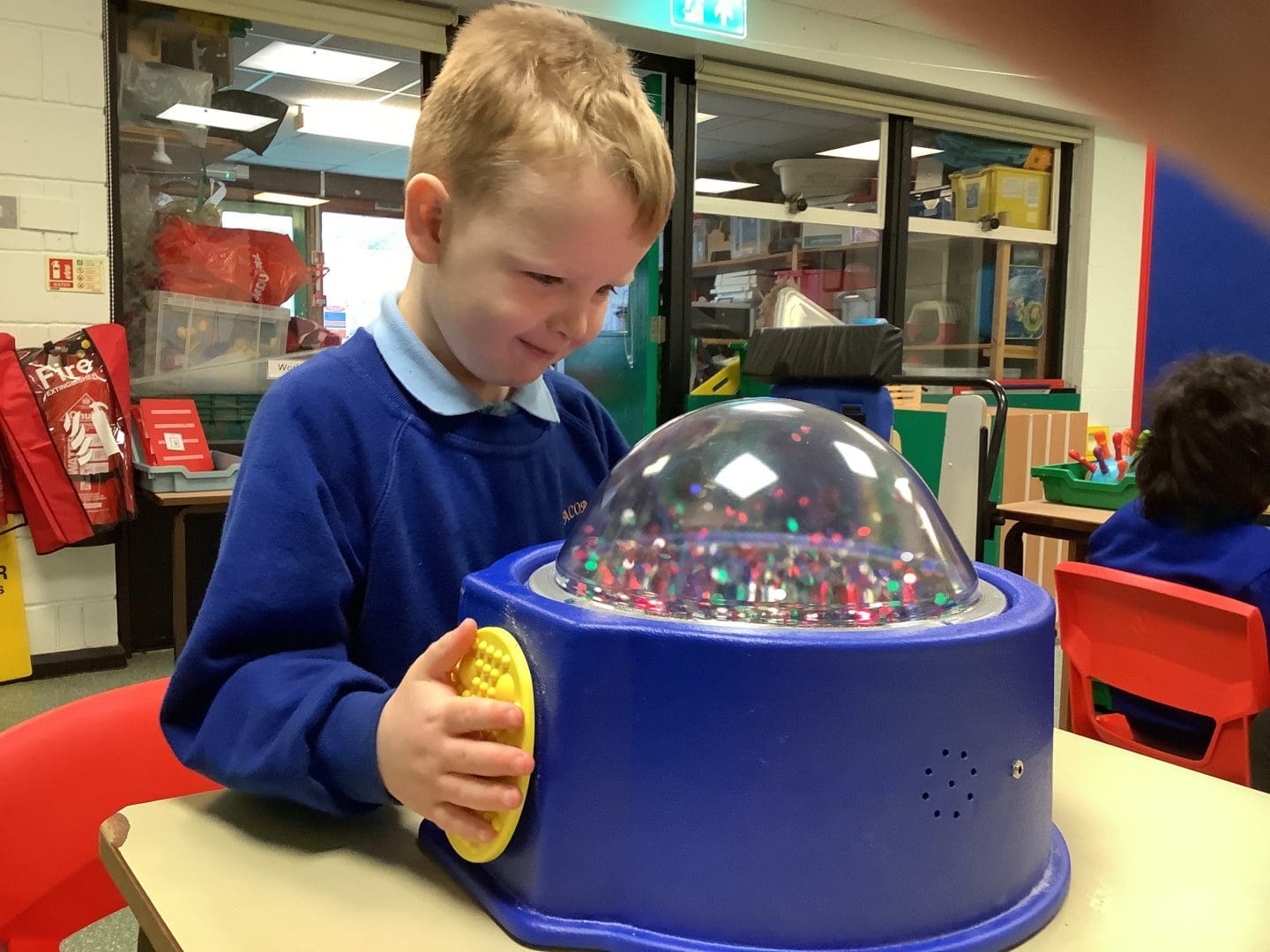
Acorns Primary School in Preston caters for pupils aged 2-11 with general learning difficulties, including severe learning difficulties and autism spectrum disorder (ASD), as well as profound and multiple learning disabilities (PMLD). The pupils’ needs are met through an adaptive and personalised curriculum.
Many of the pupils experience difficulties acquiring early play skills, which are fundamental to a child’s development. Pupils with ASD characteristically display difficulties with social communication, social interaction and repetitive behaviours. Some also display polarised thinking patterns and can struggle to access learning. Children with PMLD often have significant disabilities that affect their ability to communicate and be independent.
Switch-adapted technology can help children with disabilities to learn these important skills. A switch-adapted toy is one that can be activated with an adaptive switch. Adaptive switches allow children with disabilities to interact with toys and other devices using a button press, eye blink, mouth puff or other motion. The child can use their switch to tell their toy to move, make sounds or flash lights.
Thanks to a grant from the Dorothy Pamela Smith CIO, MedEquip4Kids was able to fund a range of switch-adapted toys for Acorn Primary School. Sophie Martindale, a teacher at the school, says: “The children love the lights and movement many of these switch toys have and are highly motivated to explore and investigate how to make them work. They have been great for pupils to develop their understanding of cause and effect and we have also noticed improved concentration and engagement when using them.”

